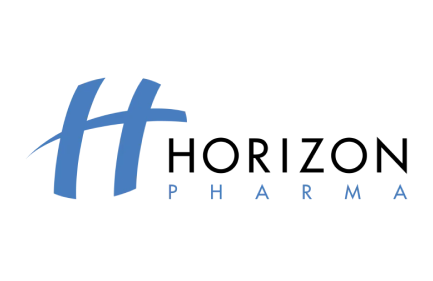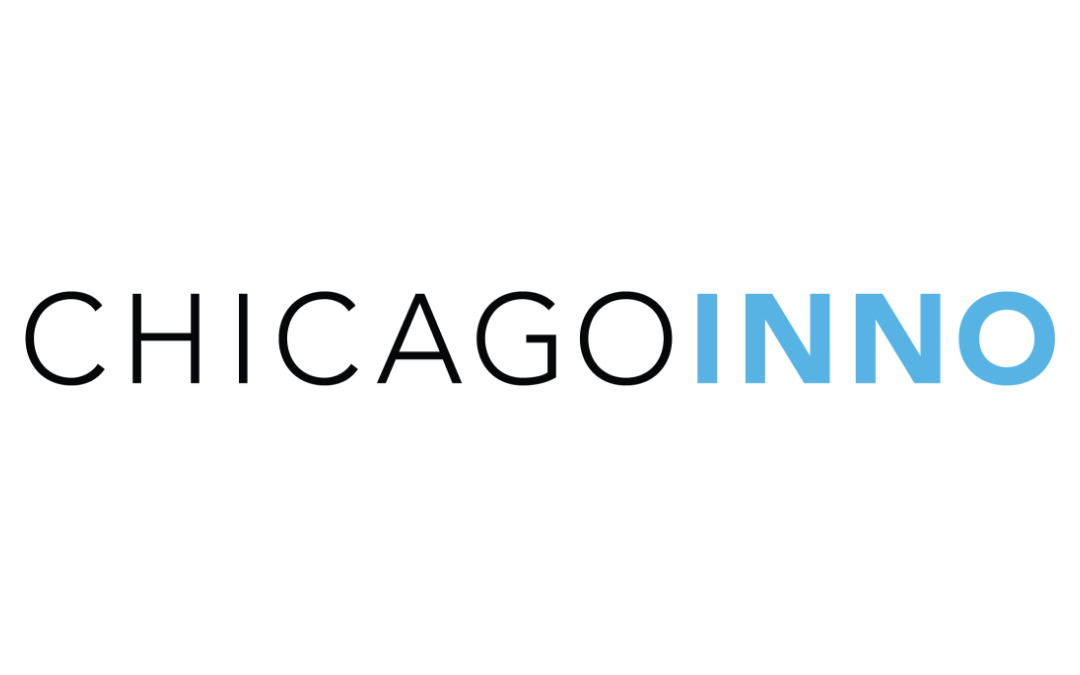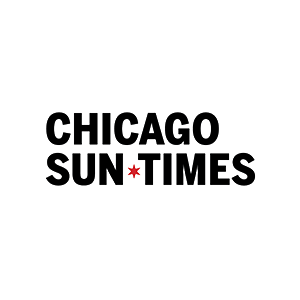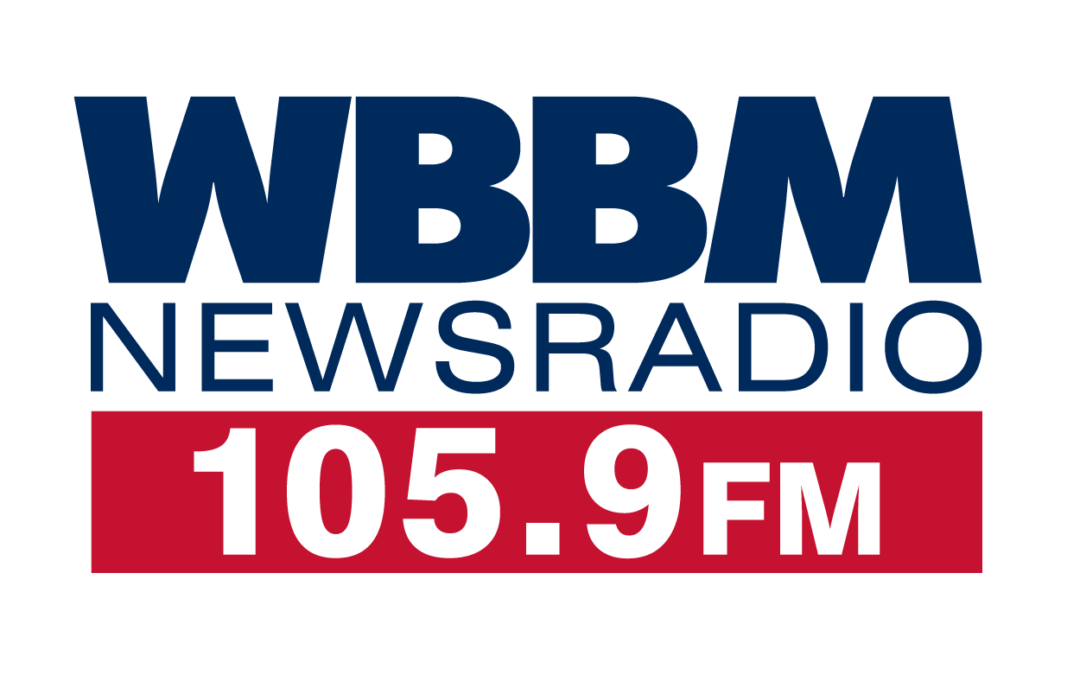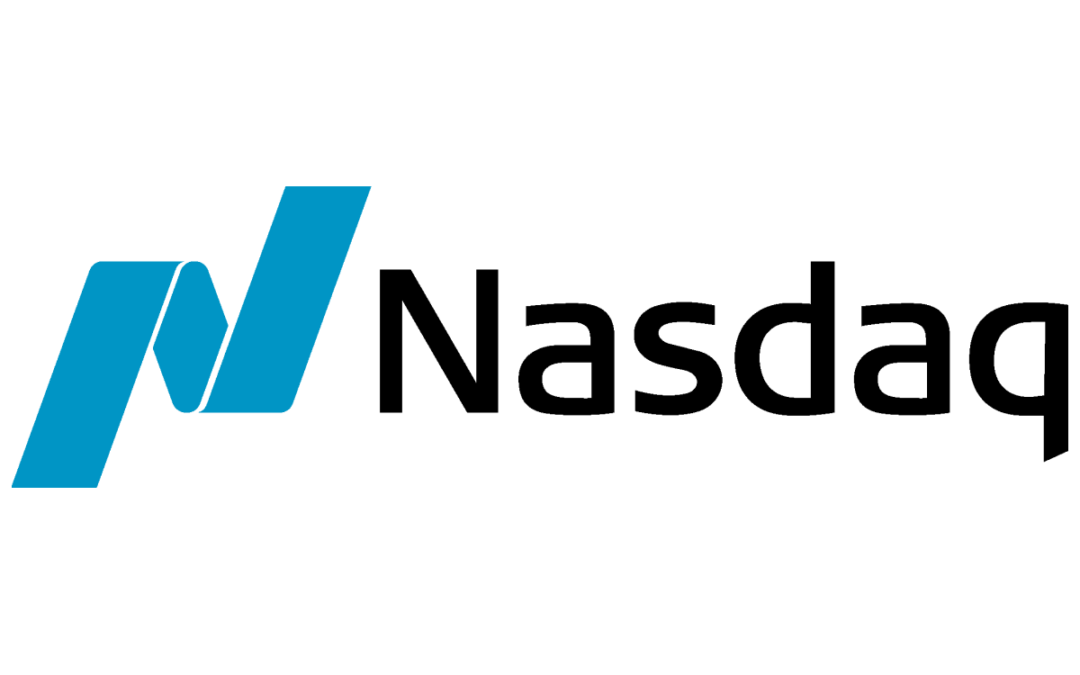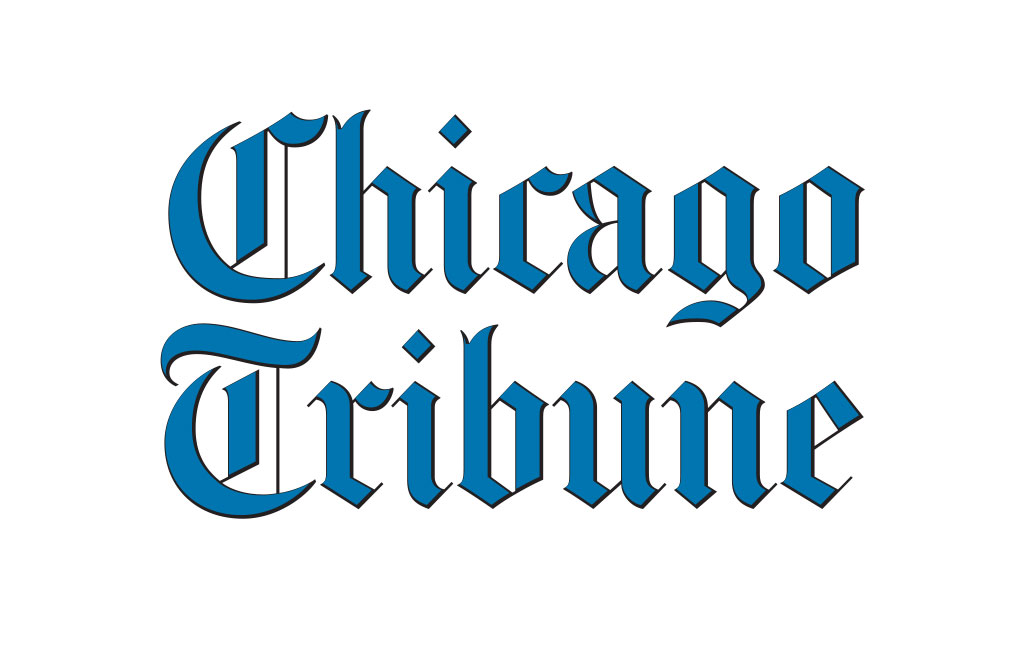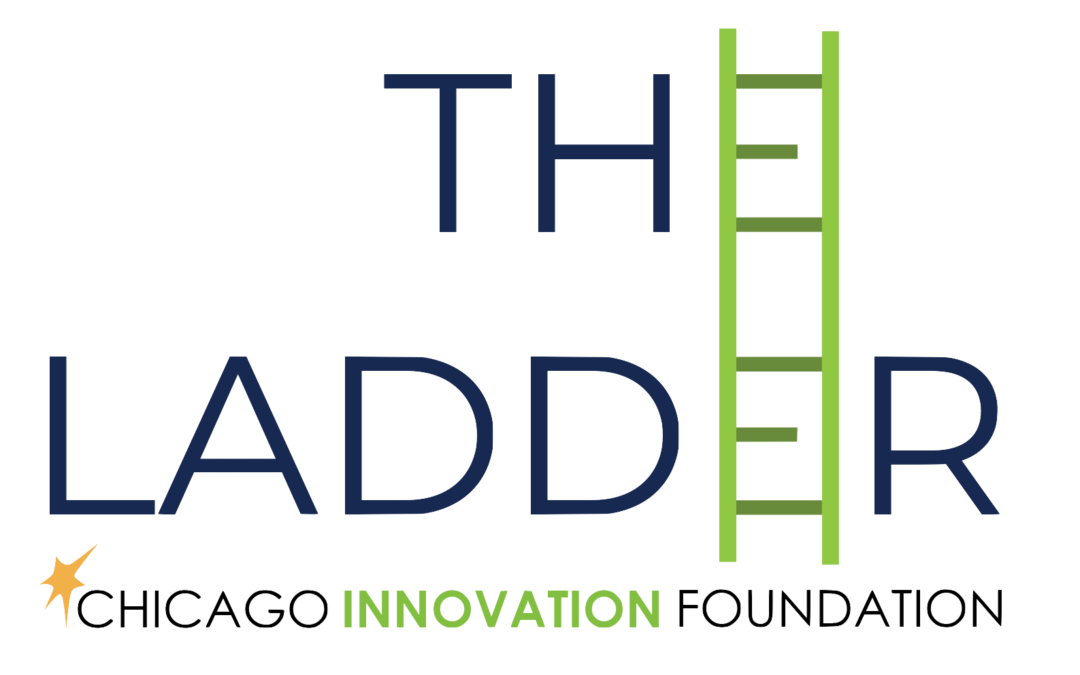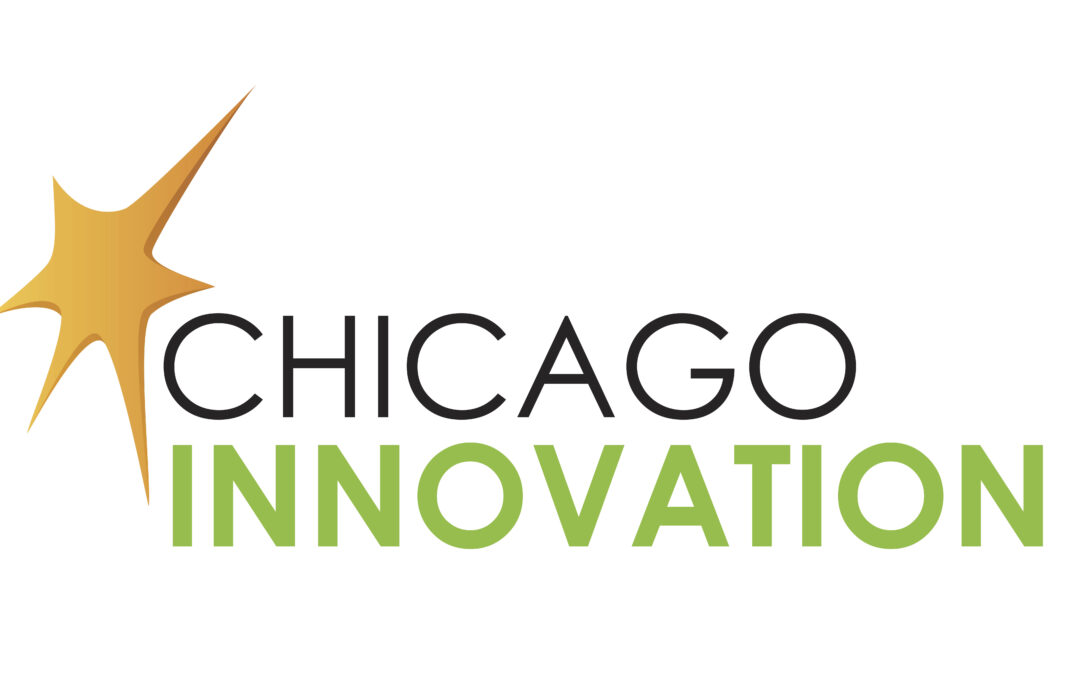Winners Spotlight: Interview with Holly Copeland, Director of Public Affairs and Corporate Social Responsibility at Horizon Pharma
Each month, the Winners Connection shines a spotlight on a Chicago Innovation Award Winner that has continued to innovate after winning their award. This month, Avery Stone Fish interviews Holly Copeland, from Horizon Pharma
Avery: Hi Holly, thank you so much for taking the time to speak with us. What’s new with Horizon Pharma since winning a Chicago Innovation Award in 2014?
Holly: The thing that really stands out is tremendous growth. I believe we may have had one or two medicines in our portfolio at the time of winning our Chicago Innovation Award, but now we have eleven. We also had fewer employees then. Since I started nearly three years ago, Horizon has grown from a few hundred employees to more than a thousand employees globally. In addition, the company has shifted its portfolio from primarily focusing on medicines to treat pain and inflammation to medicines that treat rare diseases.
Avery: How did you make the decision to switch? How did you know that it was the right path?
Holly: Rare diseases are those that affect small patient populations and there are approximately 7,000 types of rare diseases. The most staggering statistic is that only five percent of all rare diseases have an FDA-approved treatment. It is an area with a significant amount of unmet need and Horizon wants to do what it can to make a difference for patients with rare diseases. This motivation begins with our chief executive officer, who is a patient himself. He understands first-hand the importance of medicines that improve the quality of life for patients with difficult to treat diseases. As such, he has not wavered from the central motivation of putting patients first. I think his perspective, coupled with the kind of company that he wants to build impacts the kind of talent that we bring to the table and that we attract, which all contributes to creating a virtuous cycle that supports the trajectory that we are currently on.
Avery: Can you tell me about one of your biggest failures, something that didn’t work out well, and how you moved past it?
Holly: Several years ago, we acquired a medicine called ACTIMMUNE. We conducted a Phase 3 clinical trial that evaluated ACTIMMUNE as a potential treatment for a rare, degenerative neuro-muscular disorder called Friedreich’s ataxia (FA). The onset of symptoms can vary from five years to adulthood and include progressive loss of strength and coordination usually leading to wheelchair use; diminished vision, hearing and speech. Throughout the process of the clinical trial, we developed a strong relationship with the patient advocacy group, the Friedreich’s Ataxia Research Alliance (FARA) that represented this particular patient population and supported them in a variety of ways. In the end, the Phase 3 clinical trial did not turn out the way we had all hoped. Needless to say, we were all incredibly disappointed and shared in the disappointment with the patients and their families. Sometimes when trials fail, companies just move on to the next project. However, in our case, we felt like we had invested in a meaningful relationship with the FA community. We decided as a company that even though the clinical trial had failed, we weren’t going to abandon them; we wanted to continue to support them and that’s exactly what we’ve done.
Avery: Wow. You’re still involved with this advocacy group even though you’re not making the medicine for it? That’s incredible.
Holly: Exactly. For me, it’s a clear example of what makes Horizon so special. The fact that we decided to continue to lend our support says a lot about the kind of company that we’re trying to build.
Avery: That’s a really touching story. Holly, thank you so much for chatting with us. I just have one more question and it’s a fun one. I know that your headquarters are in Dublin, but your US operations are based right here in the Chicago region, and so I just wanted to ask you what is the best thing about being a Chicago company?
Holly: There are so many attributes that attract businesses to the area: the lower cost of living, the rich cultural institutions, the public transportation system, the ease of travelling to both of the coasts and access to talent since we have so many top-tier universities located in the area; but I would argue that the number one attribute is the sense of community that exists within the Chicago innovation ecosystem. There is a lot of camaraderie. People support one another and are eager to contribute to further building our ecosystem and our community as a whole.


